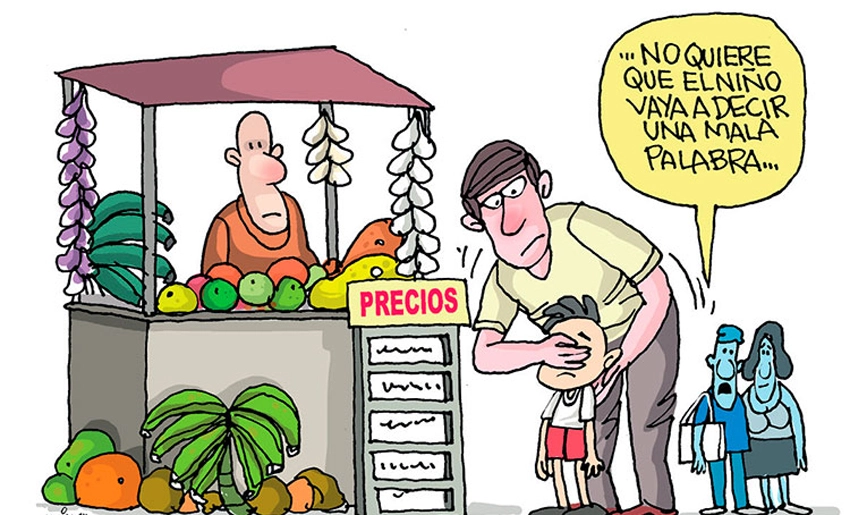In Holguin, as in much of Cuba, the relationship between salary and cost of living is one of the most sensitive and controversial issues. The phrase ‘money is not enough’ is a daily reality that affects professionals, state sector workers, retirees, and families in general who see their purchasing power diminish day by day.
Although salary increases were announced in state sectors after the so-called ‘Ordering Task,’ the reality is that these incomes remain insufficient in the face of the constant rise in prices in both state and informal markets.
In Holguin, for example, a pound of rice can exceed 200 CUP in the informal market, and a carton of eggs sells for about 2,800 CUP or more, figures that absorb a large part of the average monthly salary of a worker.
The most distressing contrast is experienced by many professionals: doctors, teachers, engineers, and knowledge workers who, with a university education earns salaries that barely suffice to survive.
This situation is not only unjust but also demotivating, which has led to a sustained process of job desertion, internal migration to the private sector, or definitive emigration from the country.
The rise of micro, small, and medium enterprises and self-employment has exacerbated inequality. While state sector salaries are limited by regulations and budgets, private sector incomes multiply, but not everyone has access to entrepreneurship, whether due to lack of capital, contacts, or knowledge.
The result is an increasingly marked economic duality, where a few accumulate significant income and the majority survives between need and resignation.
Another critical aspect is the situation of retirees. In Holguin, as in many provinces in eastern Cuba, the aging population is numerous, and the average pension does not exceed 1,500 CUP, an insignificant amount in the face of the cost of living today.
Many elderly people are forced to rely on remittances or family support to buy medications, food, or basic hygiene items. Authorities have recognized the need to increase the real income of the population, but so far the solutions are partial and slow.
The inflationary context, productive shortages, and limited access to foreign currency exacerbate the situation. The salary crisis is not merely an economic problem: it is an open wound in the social fabric of Holguin.
Inequality, collective frustration, and deterioration of work ethics are visible consequences. It is urgent to rethink a model that dignifies work, rewards effort, and allows people to live with dignity, because as long as wages do not cover basic needs, any local development project will be nothing but a pipe dream.
By: Roxana Guisado Fernández
Translated by Aliani Rojas Fernandez
- Medical Equipment in Holguin Guaranteed to Be in Operation - 12 de February de 2026
- Aid Arrives in Cuba from Mexico - 12 de February de 2026
- Tauba Holmotor in Holguin Expands Production Through Innovation - 12 de February de 2026

